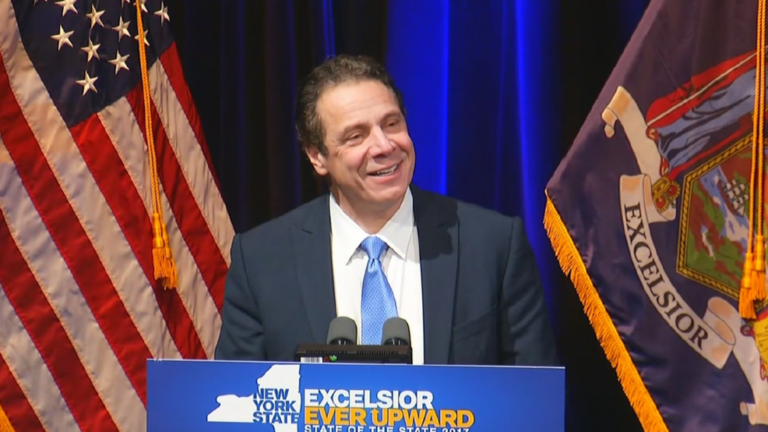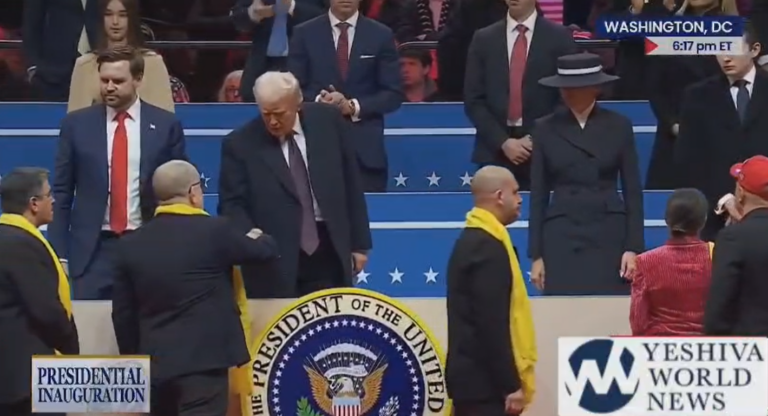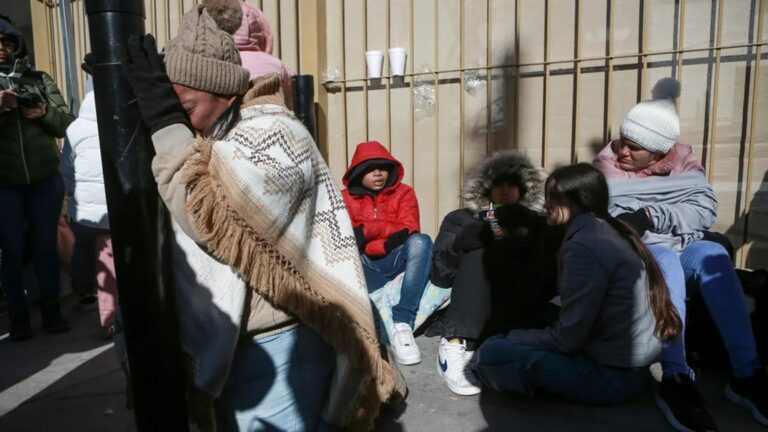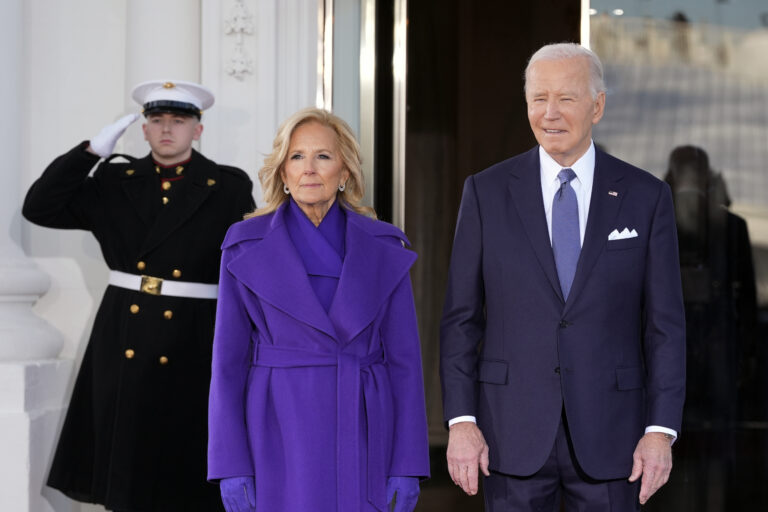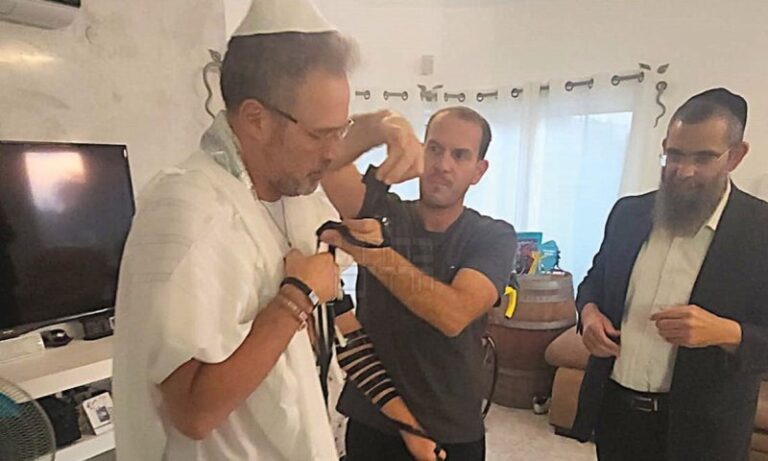There’s one guaranteed outcome of the bribery trial of a former top aide to Gov. Andrew Cuomo: another black eye for Albany’s long tradition of pay-to-play politics.
A jury in Manhattan has been deliberating for more than a week in the case of Joseph Percoco, a longtime aide accused of taking more than $300,000 in bribes from companies that needed his help with state business.
The trial has painted an unflattering picture of the state capital, highlighting it as a place where deep-pocketed developers use campaign donations to gain influence and rules meant to regulate lobbying are flouted.
Among the revelations: Cuomo administration officials avoided public information laws by using private email addresses to conduct state business; a lobbyist close to the administration evaded disclosure rules by never registering with the state; Percoco continued to work out of a state office even after he was supposed to have left government to lead Cuomo’s 2014 re-election campaign.
But the trial’s outcome may do little to limit Cuomo’s political ambitions or, if past is any guide, lead to meaningful ethics reforms.
“Most people are not going to know or pay much attention,” said Michael Johnston, a political scientist who now works at the International Anti-Corruption Academy, based in Austria, after spending many years at Colgate University in upstate New York.
Cuomo is considered a possible White House contender in 2020 and is seeking a third term this fall. But he has not been accused of any personal wrongdoing and has said he was unaware of any corrupt acts by Percoco or others charged in the case.
Johnston noted that the case against Percoco has lacked the juicy narrative of some other scandals that have seriously damaged governors with presidential ambitions.
Former New Jersey Gov. Chris Christie was politically damaged in the 2013 “Bridgegate” scandal, in which some of his aides created gridlock on the George Washington Bridge as an act of political retaliation against a Democratic mayor.
The Percoco case, by comparison, is a complicated and somewhat bland stew of state contracts and lobbying regulations.
Blair Horner, director of the New York Public Interest Research Group, said the case has exposed a lack of safeguards in Cuomo’s administration when it comes to state contracting oversight. Too much power rests in the hands of just a few trusted aides, he said.
But he said the case isn’t likely to cause big political problems for Cuomo unless Percoco is found guilty.
“If Percoco is exonerated, then this is a headache for the governor, but that’s it,” he said. “He can take two aspirins and he’ll be fine. If he’s convicted then I think it could be a body blow.”
The case against Percoco has received little attention outside New York, but should he run for president, Cuomo’s opponents will no doubt raise the specter of Albany corruption.
“It’s all about money and power with this governor, and New Yorkers are now seeing that ugly truth revealed, drop by drop,” said Sen. John DeFrancisco, who is running for the Republican nomination for governor.
So far, Cuomo appears to be more worried about a potential challenge to his re-election from “Sex and the City” star Cynthia Nixon, a public education advocate who is also reportedly considering a bid for the Democratic nomination.
“My administration has probably been subjected to more investigation than any state administration; after all that they have two people who are now on trial for wrongdoing,” Cuomo told reporters Wednesday, referring to Percoco and Alain Kaloyeros, the former president of SUNY Polytechnic Institute who faces charges he steered state business contracts to companies whose executives had given to Cuomo’s campaigns.
Kaloyeros’ trial is set to begin this spring.
There’s also little reason to believe lawmakers will tighten ethics rules or campaign finance limits in response to the Percoco case. More than 30 state lawmakers have left office facing allegations of misconduct since 2000, yet there’s been little response from Albany officials, despite calls to strengthen state ethics rules.
“Virtually nothing has been done to address rampant corruption,” said Assembly Minority Leader Brian Kolb. “With corruption trials and arrests piling up, it is unfathomable that we have yet to fix this problem.”
(AP)

